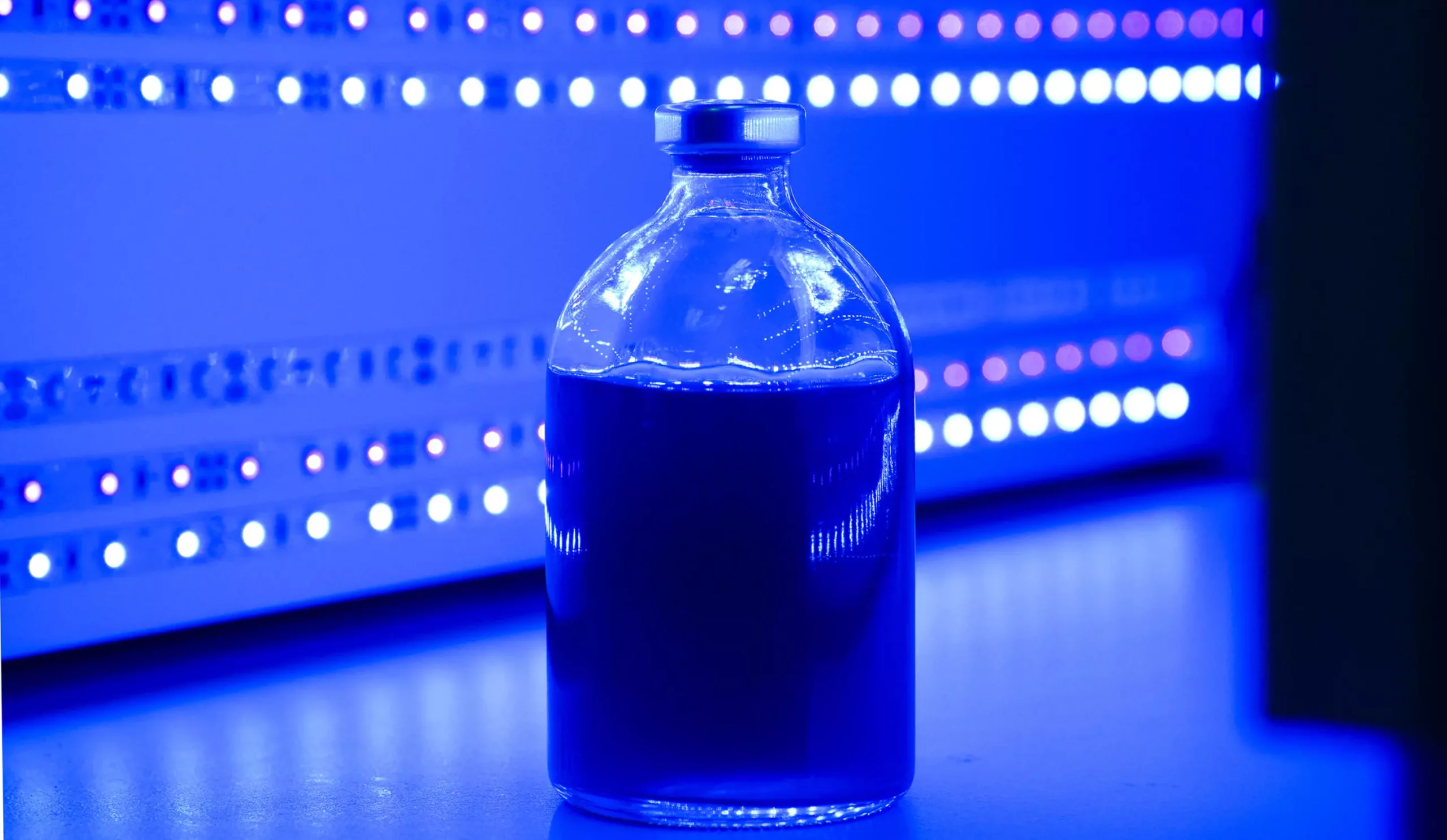Nitrogenases play a crucial role in providing bioavailable nitrogen in the form of ammonia to all forms of life on Earth. In addition to converting N2 into NH3, some nitrogenases have the capability to directly convert CO2 into hydrocarbon chains, making them an exciting prospect for biotechnological advancements. A recent study led by researchers in Marburg, Germany, has shed light on the substrate specificity and preferences of nitrogenase enzymes, challenging traditional beliefs and emphasizing their potential for sustainable bioproduction.
Nitrogen is an essential building block for cellular function, yet most of the nitrogen on Earth exists as gaseous N2, which is not readily usable by cells. Only a specific family of enzymes known as nitrogenases have the ability to convert N2 into the essential form of ammonia. The research led by Johannes Rebelein and his team at the Max Planck Institute for Terrestrial Microbiology in Marburg has revealed that some nitrogenases can also metabolize CO2, a greenhouse gas, into valuable hydrocarbons and formic acid, which have industrial significance.
Research Findings
The researchers focused their study on the photosynthetic bacterium Rhodobacter capsulatus, which possesses two types of nitrogenase enzymes: molybdenum (Mo) nitrogenase and iron (Fe) nitrogenase. Through biochemical tests, the team discovered that the Fe nitrogenase is three times more efficient in reducing CO2 compared to the Mo nitrogenase. Interestingly, when both enzymes were exposed to CO2 and N2 simultaneously, the Fe-nitrogenase showed a preference for CO2 as a substrate, while Mo-nitrogenase selectively targeted N2.
The study’s findings have challenged the traditional perception of nitrogenases solely as nitrogen-converting enzymes. The researchers have highlighted the potential of photosynthetic bacteria like R. capsulatus, which utilize light energy to activate nitrogenases for CO2 conversion, in contributing to a sustainable circular economy. The ability of Fe-nitrogenase to efficiently convert CO2 into valuable products suggests its potential as a starting point for developing novel CO2 reductases. This process could play a significant role in reducing greenhouse gas emissions and promoting sustainable bioproduction.
The study led by Johannes Rebelein and his team provides valuable insights into the substrate specificity and preferences of nitrogenase enzymes. The research not only challenges existing perceptions of nitrogenases but also emphasizes their potential for sustainable bioproduction and environmental impact. By harnessing the capabilities of nitrogenases to convert CO2 into valuable products, researchers are paving the way for innovative biotechnological advancements with far-reaching implications for the future.


Leave a Reply